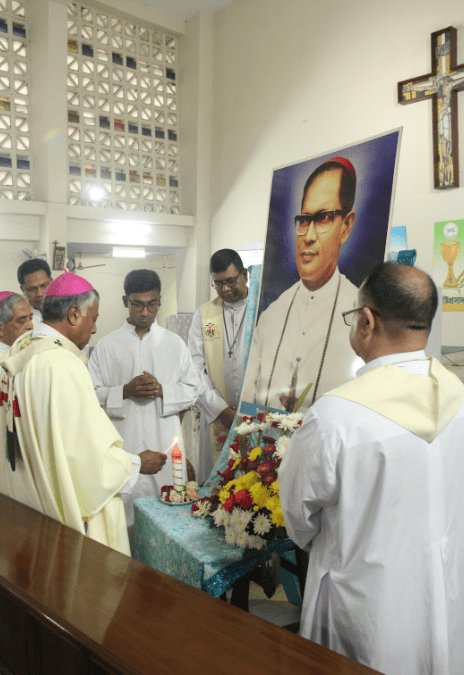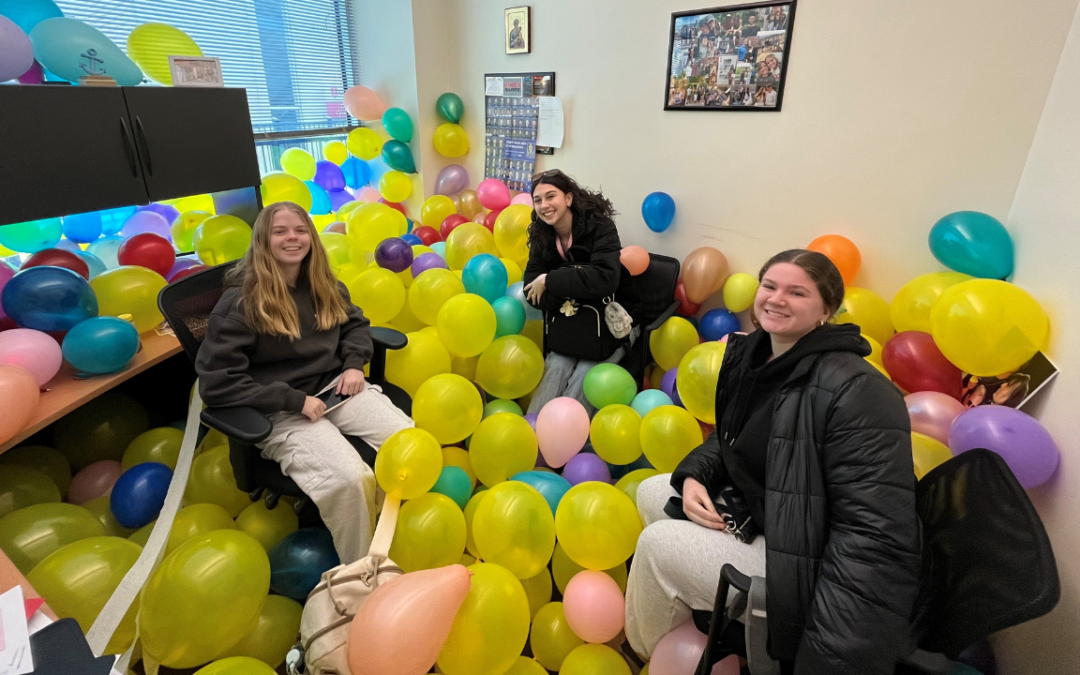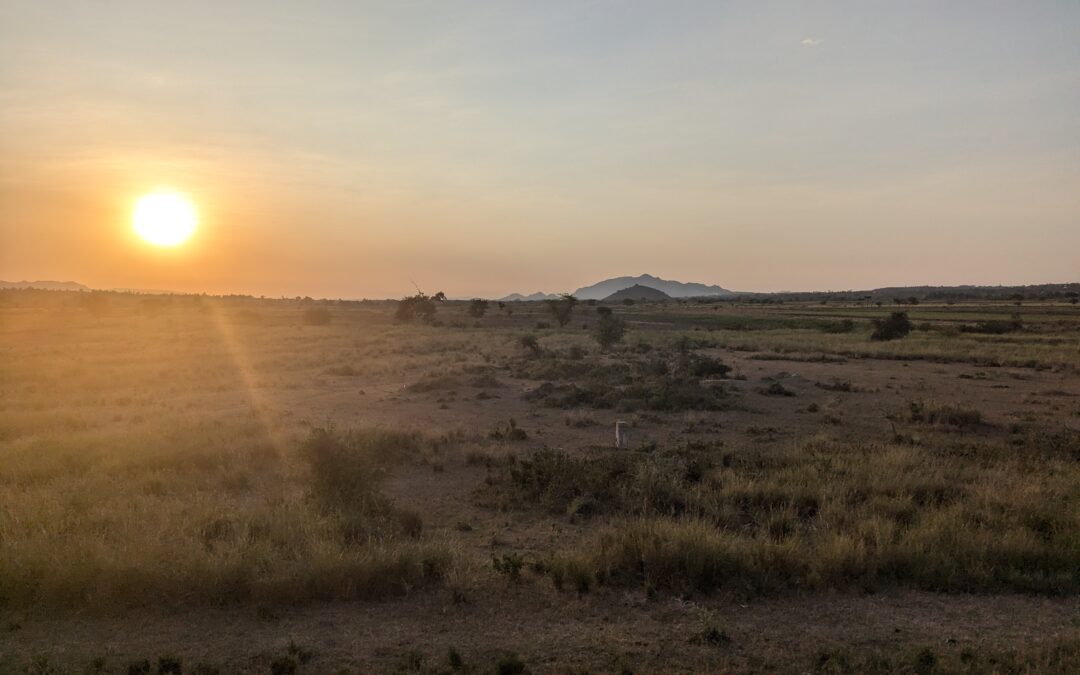Four temporarily professed seminarians were sent to Puebla, Mexico this summer for a 9-week intensive Spanish language course. During their time, they had the opportunity to spend a weekend serving alongside the Red Cross in their humanitarian aid to immigrants and refugees traveling across the country.Christopher Mullholland, C.S.C., shares a reflection on the experience.
Last weekend, we visited the Red Cross in Ciudad Serdan, about two hours from the city of Puebla, in the shadow of Mexico’s tallest mountain, el Pico de Orizaba. The city is close to a major railway known infamously as “La Bestia” for the size of its trains and its history of being a dangerous yet commonly used route for migrants traveling from southern Mexico or Central America to northern Mexico and the U.S. border. The migrants sit on top of the train or in the tiny space between the train cars.
The Red Cross operates a small urgent care center in Ciudad Serdan, but their main activity is traveling to one of several stations along the rail line to offer support to the migrants clinging to the train. The Red Cross’ medical staff and volunteers provide emergency medical care for the all too common injuries suffered from falling from the train or attempting to mount it. It is not uncommon for them to treat people who have lost hands and limbs to “La Bestia.”
In addition to medical care, the Red Cross passes out water, food, warm clothing for the changing Mexican climate, and vital information about the route of the train and what other support they can find from the Red Cross and collaborating organizations along the way. When the train stops long enough, they offer people a chance to rest, share soup or bread and coffee, and call family to let them know where they are.
There are many challenges facing the Red Cross in Cd Serdan and other stations along the railway. One, which we experienced along with them, is the unpredictability of the train schedule. For the security of its cargo, the railway keeps an irregular schedule, making it difficult for the Red Cross to meet the trains when they pass by. Usually, they have less than 30 minutes warning before a train comes by the station. In addition, some trains do not slow down or stop, giving the migrants no chance to get off to receive help. One Saturday, we spent the entire day waiting with the Red Cross without being able to offer support to a single person.
The community we encountered in Cd Serdan was incredible. They welcomed us like family. We shared our meals with the staff, volunteers, and many of their children. We enjoyed many rides in the back of their ambulance to and from the tracks, plus excursions to the beautiful city center of Ciudad Serdan for elote or tamales.
I gained a lot from seeing the Red Cross group in action and talking with the volunteers, most of whom are nursing and medical students. When we finally did meet some of the migrants, I was moved by how young some of them were. The train we saw had only men (that is, only men showed their faces or got off the train), most of whom looked younger than 25, some as young as 16. Thankfully, no one was injured. I talked briefly to one of the older men named Juan Luis from Nicaragua, who was returning to the U.S., where he had spent many years of his youth. He was going to live with his kids and grandkids in the States. He said he had already been on the road for a month. It was uplifting to see these men with such heavy burdens laughing and smiling a little bit when they looked down from the train and saw, for once, people willing to help them just a little.
Christ shows his face in that of the poor, the exiled, and the weary. In a particular way, Jesus is present in these young men searching for their only option. He is also present in the Red Cross staff, who work day after day to meet the endless needs of the stream of people passing through their city. The infamous train is truly a tragic reality, a route no one should use, yet so many have no other option. It stands for me as a relic of the true cross which threatens to smother the hope of the Latin American people. During one weekend, we witnessed the Red Cross bringing hope to these desperate people, carrying out the mission of Holy Cross here 600 miles from our nearest apostolate. Our faith in the risen Lord is the reason for our confidence in the hope that comes assuredly and only through the cross, in its many manifestations.




